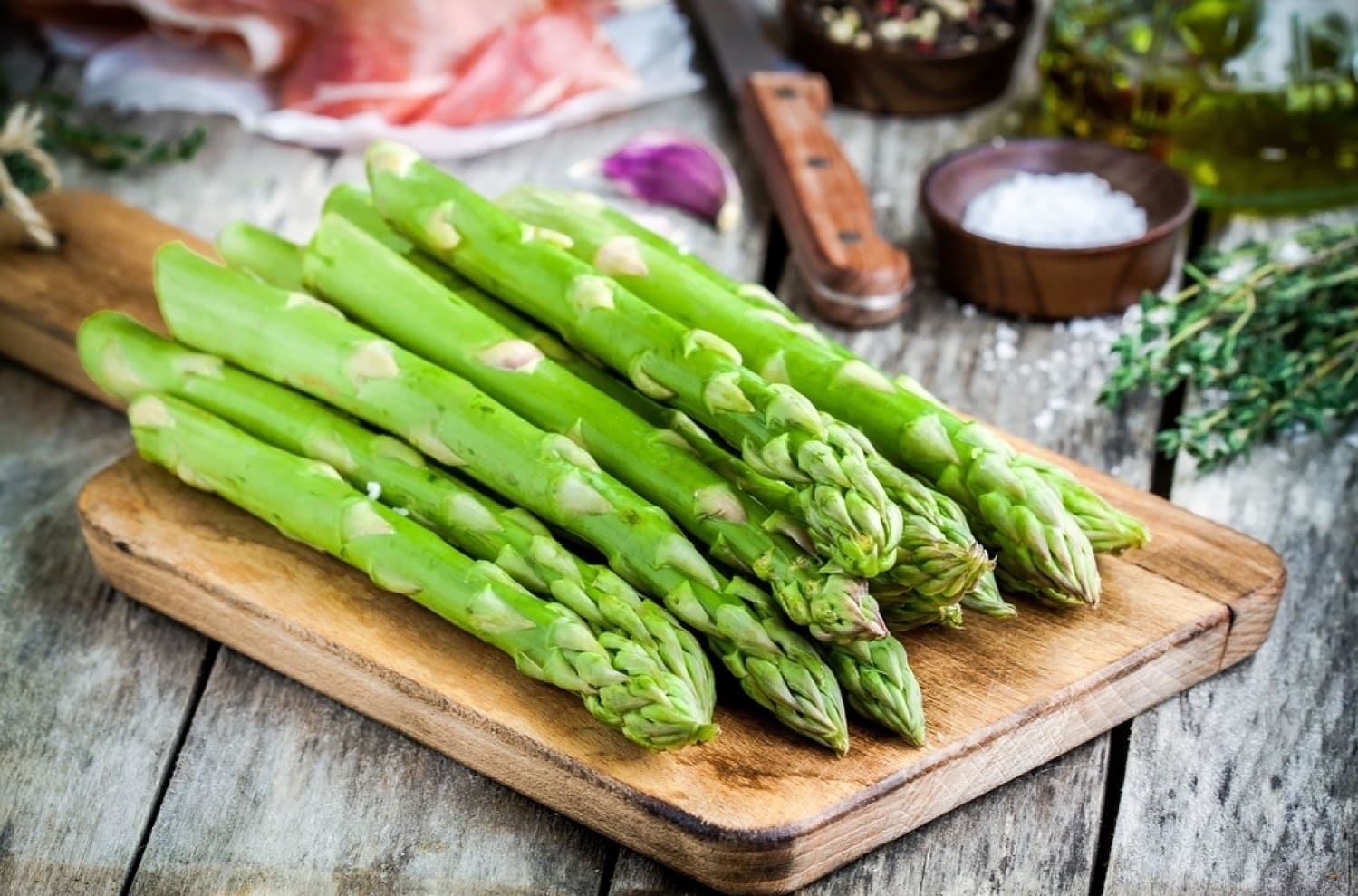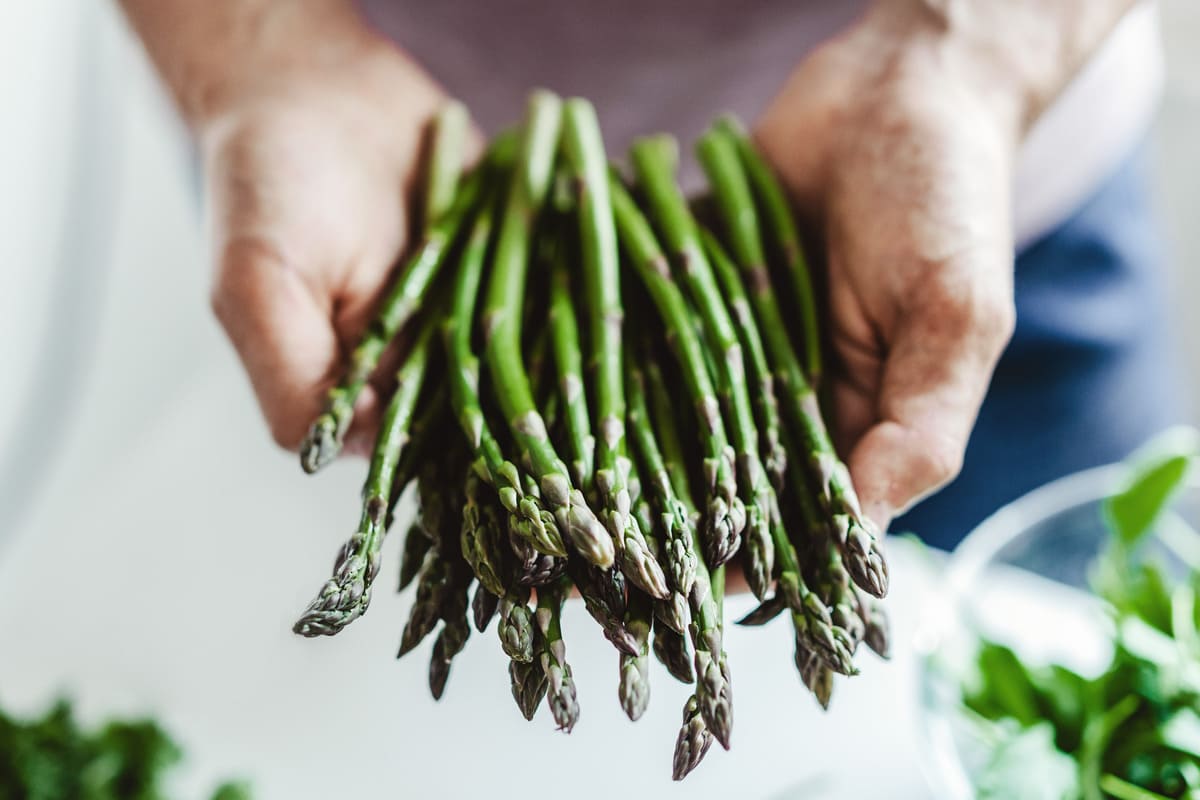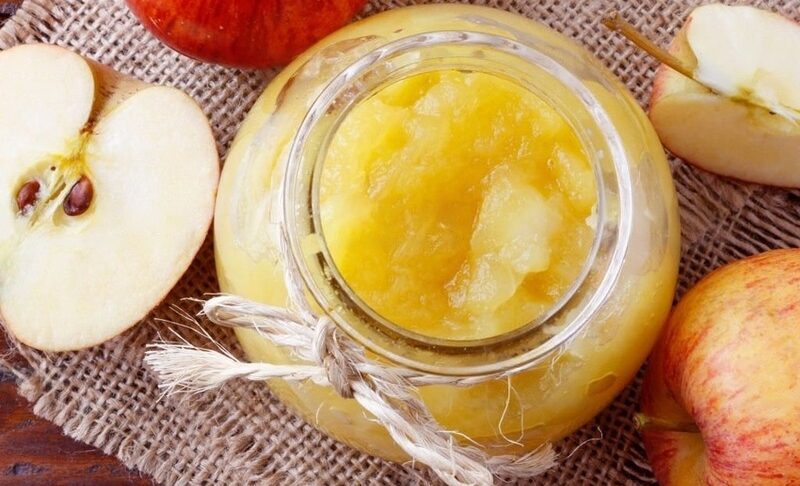Asparagus, with its slim stalks and wonderful flavor, is a versatile vegetable loved in several culinary dishes. While often cooked, many are surprised if it is secure and palatable to devour uncooked asparagus. Let’s delve into “Can You Eat Asparagus Raw” to explore the dietary benefits, meal safety considerations, preparation methods, creative culinary ideas, when to avoid raw consumption and key takeaways.

Nutritional Advantages of Raw Asparagus
Raw asparagus is a nutrient powerhouse. It’s low in energy and high in necessary nutritional vitamins and minerals, making it a nutritious addition to any diet. A single serving gives the right quantity of fiber, folate, nutritional vitamins A, C, E, and K, as well as various touch minerals like iron and potassium. Further, asparagus carries antioxidants that help fight oxidative stress and infection in the body, contributing to typical fitness and well-being.
Food Safety Concerns
While eating raw veggies is commonly safe, there are some concerns when it reaches uncooked asparagus. First, ensure the asparagus is clean and fully washed to remove dust or pollutants. Raw asparagus must be crisp and firm, with no signs or symptoms of wilting or bruising. Additionally, it’s really useful to trim off the woody ends before consumption to add texture and flavor.
How to Prepare Raw Asparagus
Preparing uncooked asparagus is easy. Start by washing the spears in bloodless jogging water to take away any dust or debris. Then, trim off the hard, woody ends, both with the aid of snapping them off or reducing them with a knife. Once trimmed, the asparagus can be eaten completely or sliced thinly for salads or different dishes. For added crunch and flavor, reflect on the consideration of marinating uncooked asparagus in a French dressing or lemon juice earlier than serving.


Creative Ways to Enjoy Raw Asparagus
Raw asparagus can be loved in more than a few ways beyond normal cooking methods. Add uncooked asparagus spears to salads for a crisp texture and shiny color. Mix thinly sliced asparagus into sushi rolls or wraps for a special twist. Alternatively, use uncooked asparagus as a dipping vegetable for hummus, guacamole, or other dips. The potential is endless, so do not hesitate to scan and get creative in the kitchen.</p>
When to Avoid Eat Raw Asparagus
While most people can love uncooked asparagus, there are some cases where it might also be fine to keep it away from consumption. Individuals with touchy digestive structures can also experience pain or bloating from eating uncooked vegetables, which include asparagus. Additionally, humans with positive scientific conditions, such as kidney stones or gout, ought to seek advice from a healthcare expert before including uncooked asparagus in their diet.
Key Takeaways:
- Raw Asparagus is Safe and Nutritious: Enjoy the advantages of uncooked asparagus, packed with essential vitamins, minerals, and fiber.
- Wash Thoroughly: Prioritize cleanliness by washing asparagus beneath going for walks of water earlier than ingesting it uncooked to put off grime and possible bacteria.
- Buy Fresh and Seasonal: Opt for peak-season asparagus for the most desirable freshness and safety.
- Prep Properly: Remove the woody ends with the aid of snapping them off and reflect on considerations for reducing or shaving the spears for simpler consumption.
- Get Creative: Explore a range of methods to contain uncooked asparagus in your meals, such as including it in salads, playing it as a crunchy snack, or marinating it for a more suitable flavor.
- Some Should Avoid Raw: Individuals with greater fitness dangers might also benefit from eating cooked asparagus to decrease the probability of foodborne illness.

